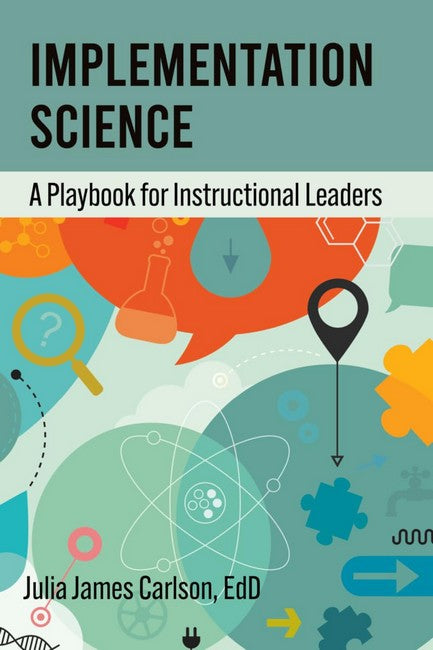Dr. Julia James Carlson is an accomplished educational leader with over two decades of experience in school turnaround, curriculum development/management, and instructional leadership. With a career spanning urban and suburban districts, private sectors, and nonprofit organizations, Dr. Carlson has become a trusted voice in educational reform and implementation science. She holds an EdD in Educational Administration from Boston College, where she received the prestigious AASA Educational Administrative Scholarship Award.
Dr. Carlsons career is marked by a deep commitment to improving student outcomes through evidence-based practices and collaborative leadership. She has served in various roles, including Product Management Director: Implementation Science at Imagine Learning, Vice President of Research at Wilson Language Training, Invention Education Administrator at the Massachusetts Institute of Technology (MIT), and Assistant Superintendent of Fall River Public Schools. In these positions, she led initiatives to enhance literacy instruction, developed and implemented innovative educational programs, and district-wide data systems to monitor student progress. Her leadership was pivotal in securing multi-million-dollar grants and raising student achievement rates in underperforming school districts. As a passionate advocate for literacy and equity in education, Dr. Carlson has presented nationally on the role of implementation science in school reform, focusing on creating supportive climates for administrator and teacher development and improving literacy outcomes. She was also a Collaborative Teaching Fellow and Practicum Supervisor at Boston College, mentoring future educators and preparing them to thrive in urban education settings through the Donovan Scholars Program. Dr. Carlsons extensive experience in K-12 and higher education underscores her holistic understanding of the educational landscape. In addition to her work stateside, she has been a mentor for the global organization Worldwide SHEroes, explicitly working with aspiring female education leaders in Africa.
Dr. Carlson is an active member of professional organizations such as the American Educational Research Association and the International Dyslexia Association. She was a key stakeholder in developing the Massachusetts Dyslexia Guidelines, co-developed by the Departments of Elementary and Secondary Education and Early Education and Care, to implement specific requirements of An Act Relative to Students with Dyslexia, Chapter 272 of the Acts of 2018. In addition to her advocacy and lobbying for early access to education, she has co-authored several publications, including work on structured literacy and educational leadership. She has been invited to present at prestigious conferences nationwide.
Request Academic Copy
Please copy the ISBN for submitting review copy form
Description
List of Tables and Figures
Acknowledgments
Foreword - Dr. Siobhan M. Dennis
Preface
Introduction
Part I: Current State of Education
Chapter 1. Historical Context
Chapter 2. A Contextual Approach: A Look at the Science of Reading
Part II: What Is Implementation Science, and Why Does it Matter in Education?
Chapter 3. Understanding Implementation Science
Chapter 4. Tenets of Implementation Science
Part III: Enabling Context
Chapter 5. Building Teams
Chapter 6. Building Strong Instructional Leaders
Chapter 7. Developing a Clear Vision and Goals
Chapter 8. Case Studies
Part IV: Effective Practices
Chapter 9. Monitoring and Adapting Strategies
Chapter 10. Usable Innovations
Chapter 11. Engaging Stakeholders
Chapter 12. Celebrating Success and Sustaining Momentum
Chapter 13. Case Studies
Part V: Effective Implementation
Chapter 14. Selecting Evidence-Based Practices
Chapter 15. Stages of Implementation
Chapter 16. Implementing Evidence-Based Practices
Chapter 17. Case Studies
Conclusion
Bibliography
About the Author
Index

